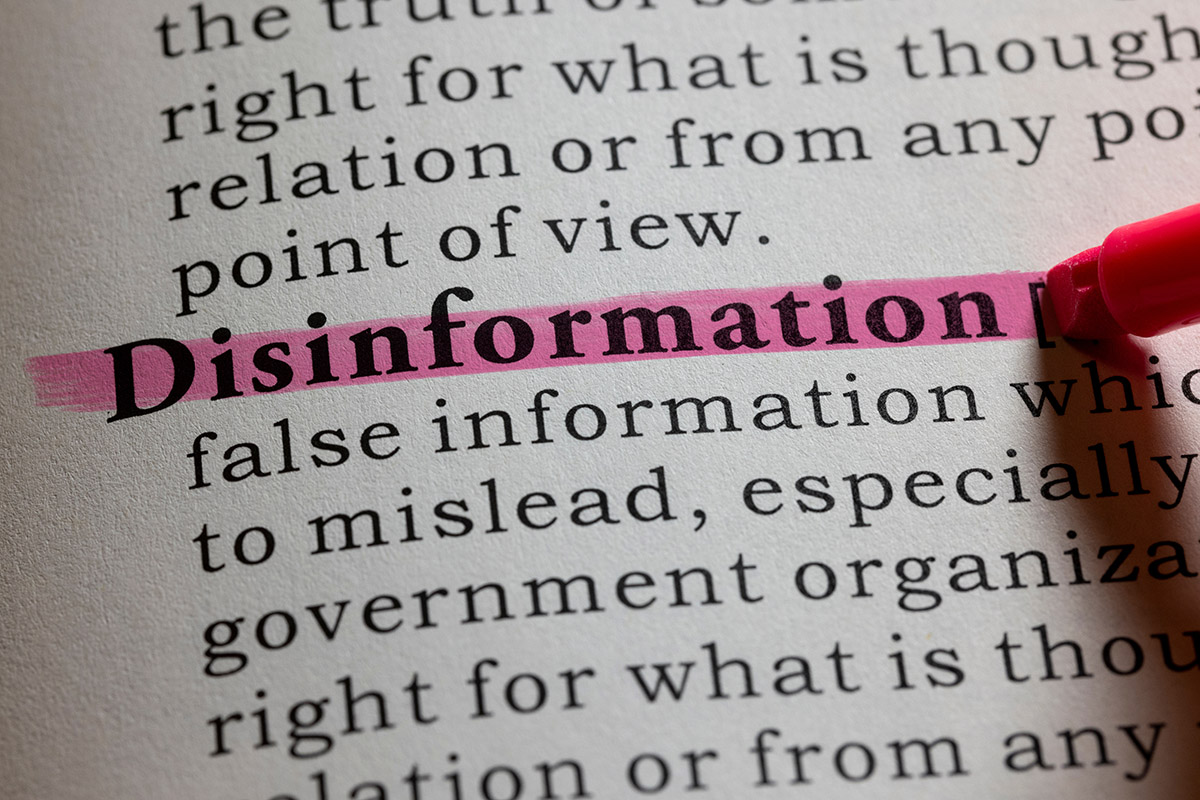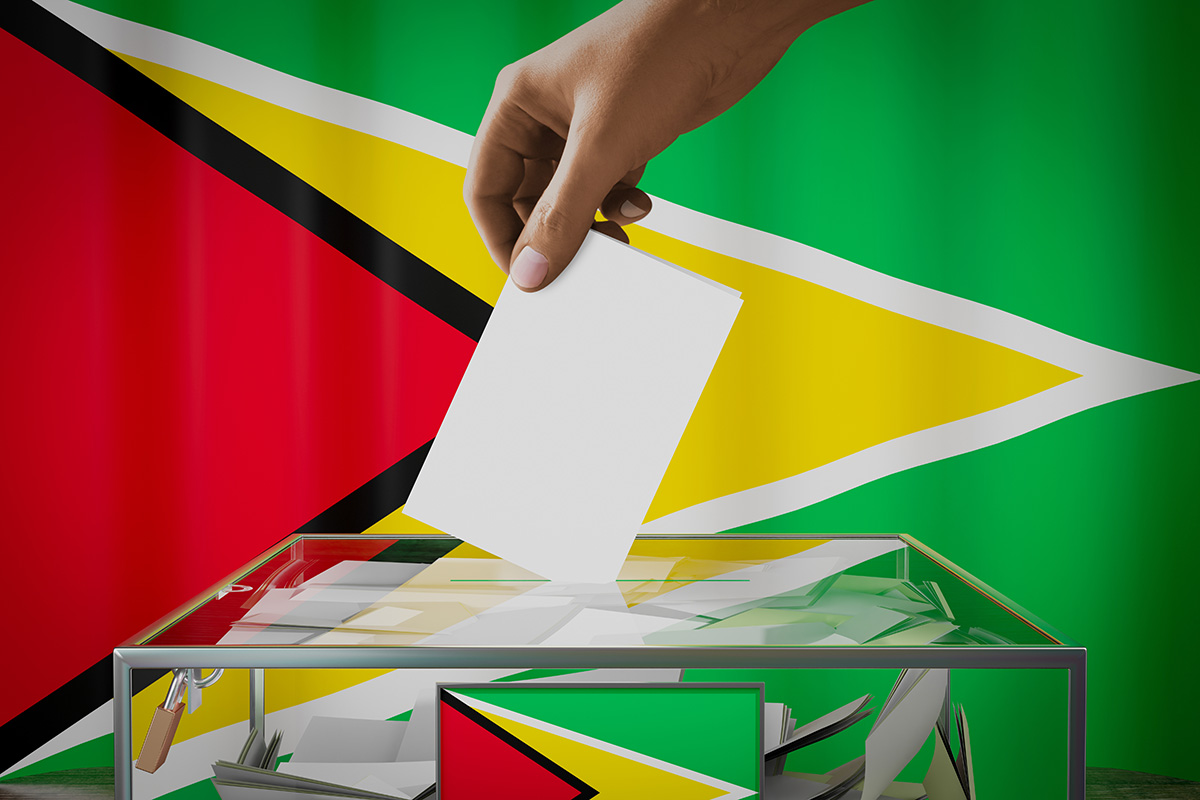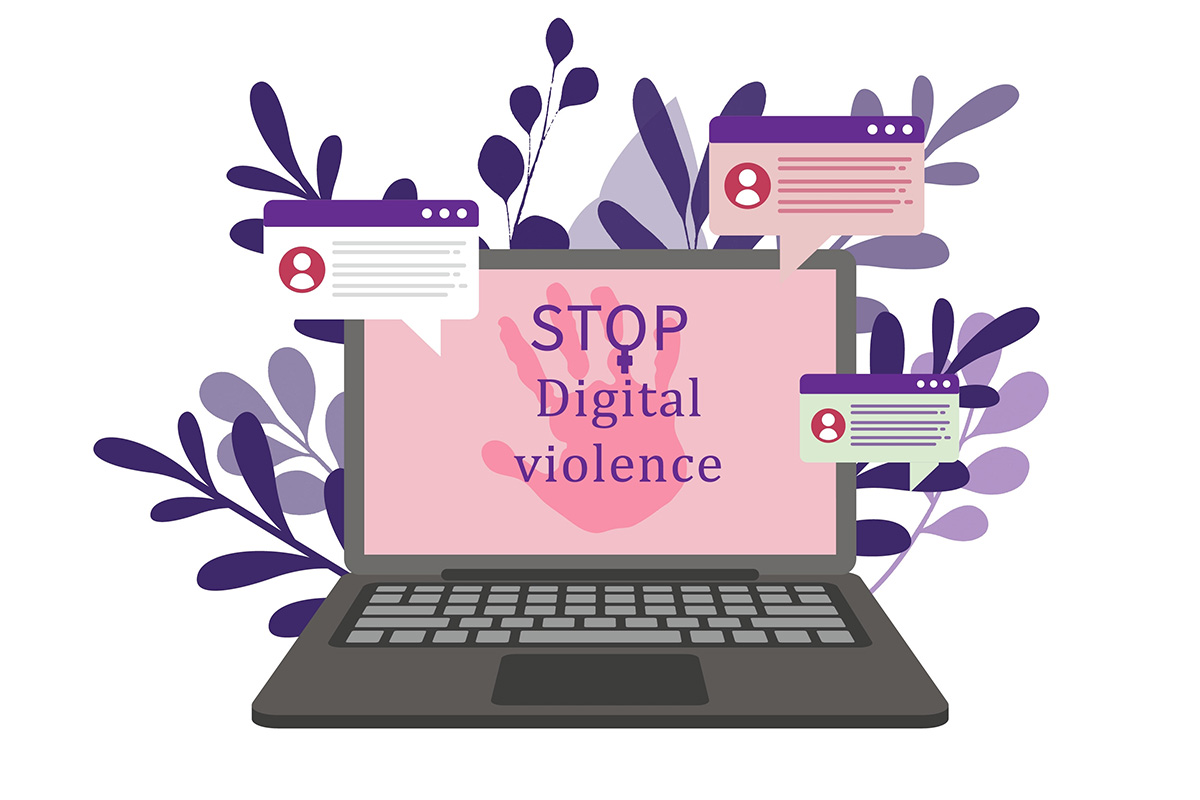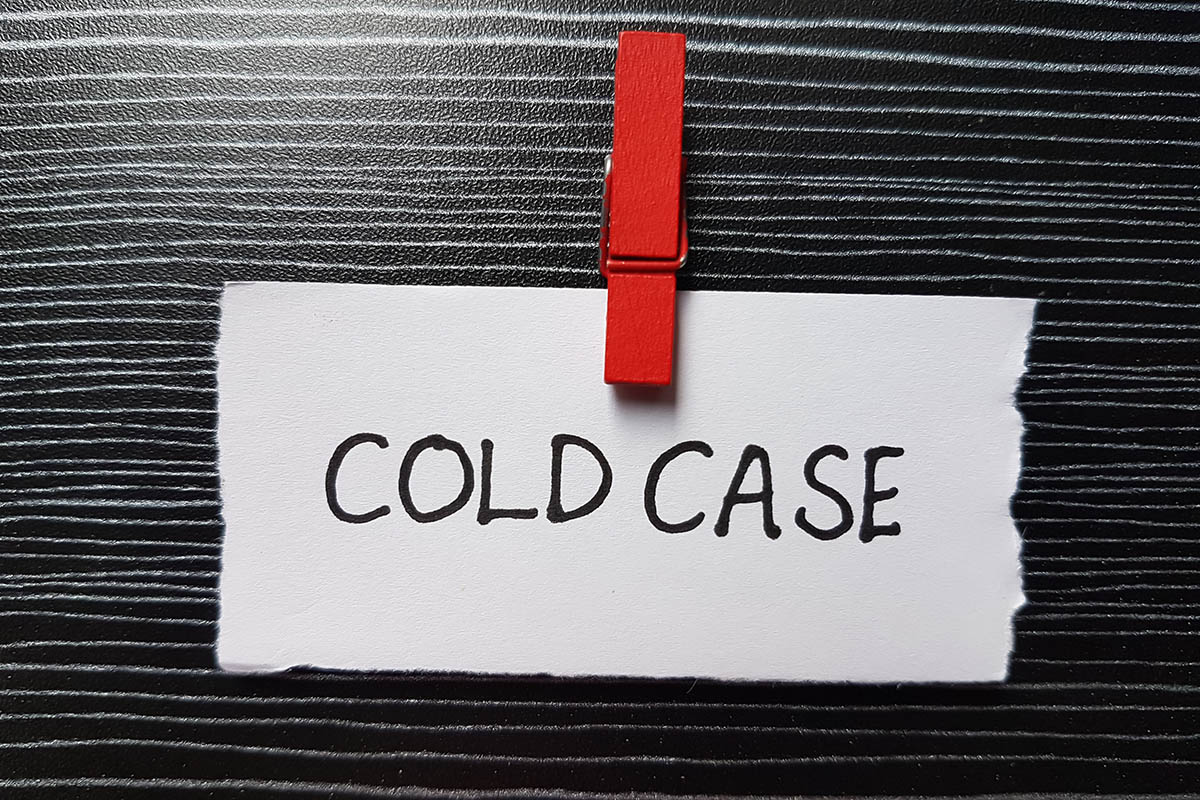Disinformation in Conflict: Why do People Share it?
June 21by Lilian Efobi
Disinformation now permeates contemporary conflicts and has terrible effects on people, groups, and society at large.
This article investigates the motivations behind the dissemination of false information during conflicts, looking at the psychological, social, and political aspects that influence these behaviours and emphasizing the necessity for focused efforts to lessen its negative impacts.
Disinformation is frequently used as the first weapon in times of war and conflict. Constantly being exposed to false information can make us unsure of who or what to trust or believe. When the world most needs our assistance, uncertainty causes us to remain silent and force us to take a detached stance.
Today, incorrect and misleading information reaches us faster and more convincingly than in the past due to the pace of the Internet and social media. It is therefore more crucial than ever to teach youth about the role that disinformation plays in conflict.
But disinformation defined as the intentional dissemination of inaccurate or misleading information no longer just travels by word-of-mouth or newspaper. Modern media, in particular the widespread availability of the Internet and use of social media platforms like Facebook, Twitter, TikTok, and Telegram, has dramatically increased the speed at which disinformation can be spread as well as its reach. Furthermore, disinformation in conflict frequently targets civilians directly, in contrast to Sun Tzu’s deceptive military goals.
Civilians residing in places impacted by conflict may encounter a multitude of persistent violations and traumatic incidents, such as being uprooted from their homes, being cut off from family, being sexually assaulted, being kidnapped, or seeing acts of violence against others. In times of crisis, having access to reliable information is even more important because knowing where a bomb shelter, clean water source, or evacuation route is can literally be the difference between life and death.
A cloud of conflicting information on these issues, therefore, has even more potential to trigger stress and anxiety, as does information purposefully obscuring the identity of perpetrators, denying the existence of human rights violations, or vilifying humanitarian responders.
Theoretically, Libertarians seek to maximize autonomy and political freedom, emphasizing equality before the law and civil rights, freedom of association, freedom of speech, freedom of thought and freedom of choice. On disinformation, the libertarians will argue that individuals have the right to express themselves, even if it means fake news, however, the marketplace will naturally correct false information as people respond to and evaluate it. They assuage that government intervention will be a threat to freedom of speech and liberty. The question then becomes, do we have to wait for disinformation to be sieved by the media before government intervention, by which time it may well have done great harm to people? This therefore raises the need for responsible communication over disinformation.
Still, what kind of accomplishment do people feel when they share disinformation? According to Abraham Maslow’s hierarchy of needs, human needs are ranked in five orders; physiological, safety, love and belonging, self-esteem and self-actualization.
Needs with disinformation sharing accomplishment come under the love and belonging, and self-esteem needs, which satisfies the need for recognition and belonging to someone or something. Most of the time, this is done for validation of a belief or bias over an ideology or an action, a form of control over others and a feeling of winning an argument or debate. The accomplishment which is derived from the above reasons for sharing disinformation is based on manipulation rather than genuine achievement and this most times, leads to negative consequences, harm on people, distrust and hate for a people or a thing.
How then can we tackle disinformation, in conflicts?
According to the 2023 Stockholm Forum on Peace and Development, where a roundtable was held to discuss how to mitigate the effects of mis- and disinformation on peace operations and what different actors could do, the following were suggested:
- In conflict, multiple narratives may exist within a country, and it is crucial to analyse whose voice is perceived as legitimate, the agenda of the various stakeholders with interest in the disinformation and the potential biases.
- Analysis of the root causes of a shifting media space such as in Lebanon, where political parties’ financing of media outlets, and deployment of troops by the EU and NATO in 2006 during the Israel and Hezbollah hostilities, led to a media narrative of western intervention in the Middle East.
- Also, strategic communication investment through early information or prompt response by the government is key to counteracting disinformation campaigns.
- In order to teach future misinformation marketers a lesson, harsh punishments should be prescribed for those who spread false information in conflict areas.
Since disinformation is becoming a more potent weapon in conflicts due to the advent of artificial intelligence (AI), civil societies, journalists, and local communities should receive improved training on cutting edge technology tools for fact-checking.
The following typically occurs when misinformation is disseminated during a conflict:
- government leaders either gain or lose power;
- the military profits from the sale of weapons;
- and extremist organizations attract attention and new recruits.
There is usually one party that wins and one party that loses in a conflict. Usually, the losing party is the civilian population since they are stranded in the battle zone, their towns are destroyed, and families are impacted. Therefore, peace negotiations with all parties involved must take place prior to any violence erupting.






